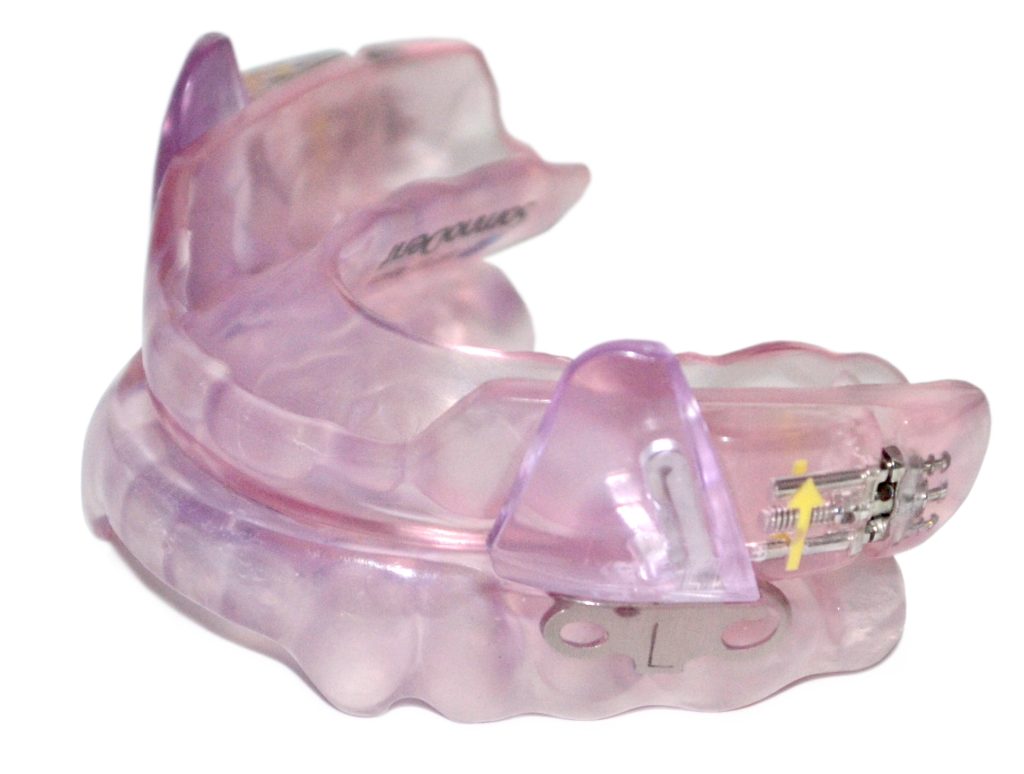Obstructive Sleep Apnea
“Breathing is the brain’s highest priority to protect the survival of the human organism. The human body can withstand long periods without food and water but only minutes without oxygen.”
– Steven Olmos –
What is OSA?
Obstructive Sleep Apnea (OSA) is a serious, potentially life threatening sleep disorder. It owes its name to the Greek word ‘ apnea’ meaning ‘want of breath’. Patients with OSA have an increased risk of heart attack, stroke and high blood pressure and often display excessive daytime sleepiness that can result in serious accidents.
To further explain, OSA is usually defined by interruptions in airflow of at least 10 sec (apnea) or by a decrease in airflow of at least 10 sec (hypopnea) associated with either an arousal (the brain briefly arouses people in order for them to resume breathing) or a blood oxygen desaturation.
We’ve become a society in which sleep is considered the one commodity that can be sacrificed to accomplish other task but without a restful sleep, the body is in a constant state of fight or flight. It’s under stress. Going night after night without sleep wreaks havoc on the cardiovascular system. Sleep apnea appliances also have been linked to obesity and diabetes.
Patients with OSA can die.
Who does Obstructive Sleep Apnea Affect?
How we treat OSA at Mehan Dental
Advantages of Oral Appliances
-
Does not limit sleep positions
-
Does not need extra baggage when travelling
-
Do not need to disconnect tubes to get out of bed or to take a sip of water or medication
-
Does not make noise
-
High compliance rate
-
No Electricity
-
No Wires
-
No Hoses
-
No Mask
-
Disinfection and care: Simply, Quick and Easy
-
Makes travel easier – Appliance fits into palm of hand


Drawbacks to OSA appliances:
-
Bite changes are the most common drawback.
-
Bite issues exist briefly – typically in the first half hour after the device is removed.
No treatment is NOT an option! Obstructive sleep apnea is a serious medical condition and small, temporary sacrifices can be made to allow the appliance to work.
Schedule a Sleep Consultation
When you schedule a sleep consultation with Dr. Mehan it will include the following:
-
A thorough history of your sleep and your sleep concerns
-
Your goals for seeking treatment
-
A Review of your recent sleep study
-
A dental examination to check for the integrity of your teeth, gums, and existing restorations
-
TMJ evaluation
-
Airway evaluation
-
Nasal breathing discussion
-
A review of the physiology of sleep, snoring, sleep apnea
-
Treatment recommendations
1 HOUR CONSULTATION IS THE FIRST STEP REQUIRED FOR SLEEP APNEA COMPLICATIONS. A $175 FEE APPLIES.
Over the counter (OTC) treatment options:
A severe risk of using internet or OTC snoring device to treat sleep apnea is that the device might silence a noisy apneic, perhaps forever! Oral appliances that are not custom-made and do not fit well can become dislodged during the night and choke the wearer.
Our mandate is to work as a team with other practitioners, physicians, ENT’s, pulmonologist and sleep centers – in the best possible way in the best interest of the patient. Sometimes a combination of oral appliance therapy and CPAP is the best option for a severe apneic patient. The oral appliance allows for lower air pressure on the CPAP thereby reducing the annoying effects of excessive drying of the eyes, nose etc. and the noise of the CPAP machine for your bed partner.
